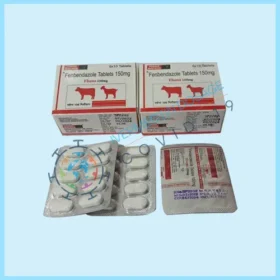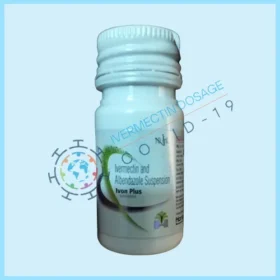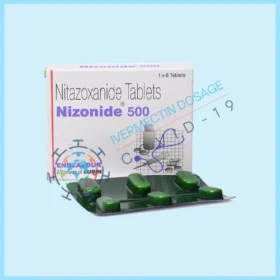- Your cart is empty
- Continue Shopping
Parasitic Worm Infections: Causes, Symptoms, Treatment, and Prevention
Parasitic worm infections, also known as helminth infections, are caused by worms that live inside the human body and feed off their host. These parasites can affect the intestines, muscles, bloodstream, or other organs. Common types include roundworms, tapeworms, hookworms, pinworms, and flukes. Such infections are more prevalent in areas with poor sanitation, contaminated food or water, and limited access to medical care—but they can affect people globally.
Common Types of Parasitic Worms
-
Roundworms (Nematodes): Found in the intestines, causing digestive issues and malnutrition.
-
Tapeworms (Cestodes): Acquired through undercooked or contaminated meat; can grow very long inside the intestines.
-
Hookworms: Enter the body through skin contact with contaminated soil, especially through bare feet.
-
Pinworms: Highly contagious and common in children; cause intense itching around the anus.
-
Flukes (Trematodes): Can infect the liver, lungs, or blood, and are usually contracted by eating raw or undercooked aquatic plants or fish.
How Do Parasitic Worms Spread?
Worm infections typically spread through:
-
Contaminated water or food
-
Soil contact, especially when walking barefoot or gardening without gloves
-
Poor hygiene, especially among children
-
Eating raw or undercooked meat or fish
-
Contact with infected animals
Once inside the body, these worms can reproduce and migrate to different organs, causing a range of symptoms.
Symptoms of Worm Infections
Symptoms vary based on the type of parasite and the level of infection. Common signs include:
-
Abdominal pain or cramps
-
Nausea or vomiting
-
Diarrhea or constipation
-
Weight loss despite normal appetite
-
Fatigue and weakness
-
Itching around the anus (especially with pinworms)
-
Visible worms or eggs in stool
Severe infections can cause anemia, intestinal blockage, or damage to organs like the liver or lungs.
Diagnosis and Treatment
A proper diagnosis is usually made through stool tests, blood tests, or imaging scans to detect parasites or eggs in the body.
Common medications used to treat parasitic worm infections include:
-
Albendazole – effective for roundworms, hookworms, and pinworms
-
Mebendazole – often used for pinworm and whipworm infections
-
Praziquantel – used for fluke and tapeworm infections
-
Ivermectin – effective for strongyloidiasis and some roundworms
-
Fenbendazole – increasingly used off-label for certain parasitic infections in humans
Treatment is usually short-term, often involving a single dose or a few days of medication. In some cases, repeated doses may be required.
Prevention Tips
-
Wash hands thoroughly with soap and water before eating and after using the toilet
-
Drink clean, filtered or boiled water
-
Cook meat and fish thoroughly before consumption
-
Wash fruits and vegetables properly
-
Avoid walking barefoot in contaminated soil
-
Teach children good hygiene practices
Conclusion
Parasitic worm infections can range from mild to severe, but with proper hygiene, clean food and water, and timely treatment, they are preventable and curable. Early diagnosis and effective medication are key to managing and eradicating these parasites from the body. If you experience any symptoms or suspect a worm infection, consult a healthcare provider for evaluation and treatment.











